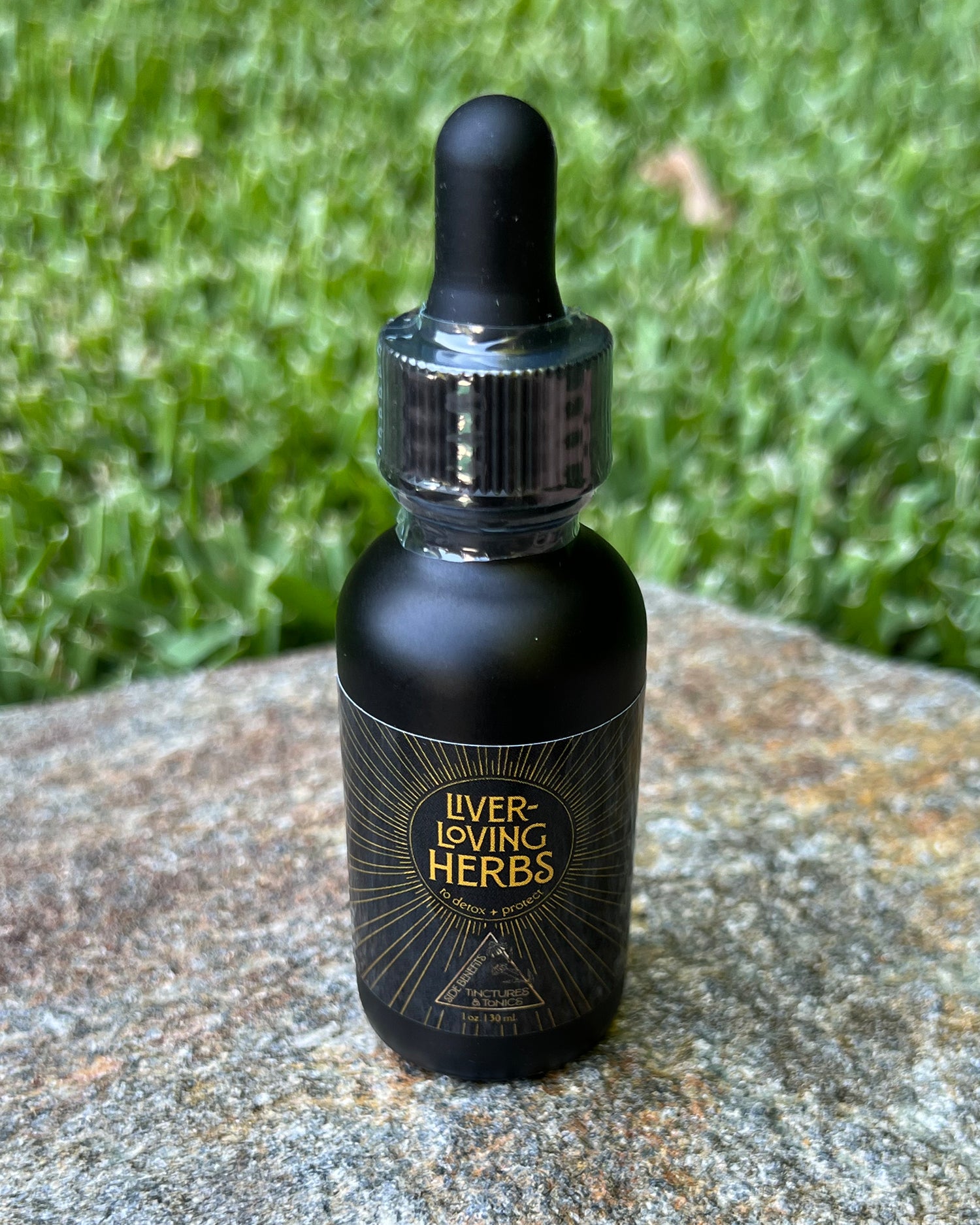Menopause is a natural phase of life that comes with its own set of challenges, from hot flashes and mood swings to weight gain and sleep disturbances. While many factors contribute to the intensity of these symptoms, one of the most overlooked is gut health. A well-functioning digestive system does more than just process food; it plays a crucial role in regulating hormones, particularly estrogen, through a unique group of gut bacteria known as the estrobolome. For any woman looking to maintain an optimally healthy body & mind well into menopause, understanding the relationship between your gut health and hormones is absolutely critical.
Understanding the Estrobolome
The estrobolome refers to the biome (bacteria & fungi) within your microbiome that regulates how your body modulates and metabolizes estrogen. This process is run by the enzyme, beta-glucuronidase – which convert estrogens into their active forms so that they can enter the blood circulation and reach other tissues in the body. When the estrobolome is healthy, estrogen is in balance…
But! When there is gut dysbiosis (overgrowth/imbalances), beta-glucuronidase levels can increase, resulting in used-up estrogens (and toxins) being recirculated – in effect reversing the normal detoxification process. This impacts body fat deposition (got stubborn belly fat or “man boobs?”), energy balance, reproductive function, cardiovascular health, bone turnover, and cellular turnover…and if this continues, more serious chronic illnesses down-the-line.
An imbalanced gut, often due to poor diet, stress, or antibiotic use, can disrupt the estrobolome. This disruption may lead to an improper breakdown of estrogen and its recirculation contributing to estrogen dominance—which can exacerbate menopausal symptoms like hot flashes, night sweats, and mood changes.
Signs of an Unhealthy Estrobolome:
- Digestive issues (bloating, gas, diarrhea, or constipation)
- Weight changes
- Food sensitivities
- Fatigue
- Skin irritation (yep, it’s true)
- Autoimmune conditions
- Hormone imbalance (especially estrogen dominance)
How to Support a Healthy Estrobolome
Maintaining a healthy estrobolome involves nurturing your gut with the right foods and lifestyle practices. Here are some key strategies:- Eat LOTS of fiber: A diet high in fiber supports gut bacteria diversity, which is essential for a robust estrobolome. Include plenty of vegetables, fruits, and legumes, daily.
- Incorporate fermented foods: Transient probiotics, found in fermented foods like yogurt, kefir, sauerkraut, and kimchi, introduce beneficial bacteria to your gut, promoting a balanced estrobolome.
- Ditch ultra-processed foods: Ultra-processed foods—especially those high in sugar and unhealthy fats—can harm your gut microbiome, disrupting the estrobolome. Opt for whole, unprocessed foods whenever possible.
- Eliminate sugar (as much as possible): Sugar—and artificial sweeteners—have the tendency to contribute to the imbalance of gut microbes. This can overwhelm the good bacteria and cause digestive issues. If you find yourself craving sweets, then it’s best to stick to naturally sweet foods like fruit.
- Manage stress: Chronic stress negatively impacts gut health, potentially disrupting the estrobolome. Incorporate stress management techniques like mindfulness, meditation, and gentle exercise (like waling, yoga or Pilates) into your daily routine.
- Stay hydrated: Adequate water intake supports digestion and the elimination of waste, helping to maintain a healthy gut environment for the estrobolome to thrive.
- Be mindful of your meds: Gut health is negatively impacted by some medications including stomach acid reducers (PPIs), metformin, birth control pills, and hormone replacement therapy.
- Avoid environmental toxins: Pesticides, herbicides, plastics, fragrances, and other environmental chemicals can negatively shift the microbiome AND they are endocrine disruptors. To support a healthy estrobolome, reduce your overall exposure to environmental toxins by choosing organic when you can and avoiding other endocrine disruptors.
The Bottom Line
The health of your gut directly influences how smoothly you transition through menopause because an unhealthy estrobolome can contribute to higher levels of estrogen and more problems with estrogen dominance during this phase. If you notice symptoms—pay attention so that they don’t continue to get worse. Notice the effect that different foods have on your GI tract and how your hormone symptoms come and go. Food and/or symptom journaling can help sort this out, but you should also consider digging deeper with stool testing by a functional nutritionist to identify root causes of GI distress. Because by supporting your estrobolome you can help regulate estrogen levels and potentially reduce the severity of menopausal symptoms. For a DEEPER dive on how a happy gut and MORE leads to a more comfortable, balanced menopause—enroll in "Make Menopause Sexy!"






